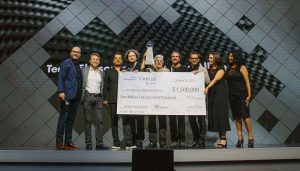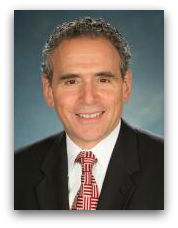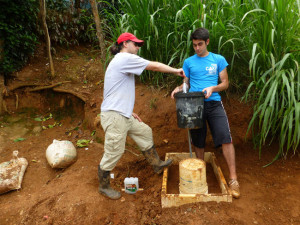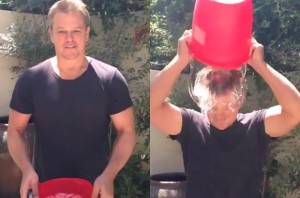
Sushanta Mitra, lead author, mechanical and mechatronics engineering professor at the University of Waterloo, and executive director of the Waterloo Institute for Nanotechnology.
“There are a lot of sensors that have been made, a lot of reliable sensors which work really well independently; however, the decision-making always requires a human,” said Ajit Khosla, sensors technical editor of the Journal of The Electrochemical Society (JES) and chair of The Electrochemical Society’s Sensor Division. Which is why the paper, “Artificial Intelligence Based Mobile Application for Water Quality Monitoring” piqued Khosla’s interest in particular.
“AI powered sensors are the future.”
“This is the first time that we have received and accepted a journal paper which involves artificial intelligence (AI), machine learning, water quality management, and sensors,” said Khosla. “This work represents an example of one of those initial steps towards a smart technology driven sustainable society where data acquired by sensors helps AI make human-like decisions or human-like operations. Quantum sensors, quantum computing, and AI will transform the way we live and will play an integral role in achieving sustainability and a sustainable world. AI powered sensors are the future.” (more…)






